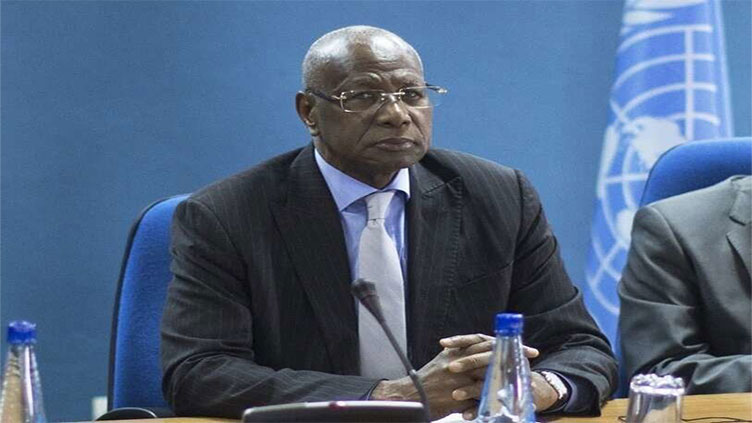UN envoy says proposed Libya laws not enough to enable election

World
UN envoy to Libya said that proposed electoral laws had not resolved contentious issues.
TRIPOLI (Reuters) - The United Nations envoy to Libya Abdoulaye Bathily said on Monday that proposed electoral laws had not resolved contentious issues and were not enough to allow elections.
Diplomacy has for years focused on the election of a new president and parliament as key to resolving years of conflict but Libya's rival political bodies have repeatedly failed to agree on rules.
Addressing the United Nations Security Council Bathily said proposed electoral laws agreed this month by a committee drawn from Libya's two legislative bodies was "an important step forward".
But he added that it was "not sufficient to resolve the most contested issues and enable successful elections", pointing to continued disagreements among Libya's opposing factions that he said could "trigger a new crisis".
Problems with the proposed laws included disputes over the eligibility of presidential candidates and a requirement to create a new interim government before any vote, he said.
A requirement to hold a second round even if a candidate won more than half the votes and the cancelling of parliamentary elections if the first round of the presidential election failed were also contentious, he said.
Bathily's comments came hours after the speaker of the eastern-based parliament Aguila Saleh said the proposed laws were mostly good "and lead us to elections", adding that the U.N. envoy "will not be a ruler to issue instructions".
Libya has had little stability or security since a 2011 NATO-backed uprising and it split in 2014 between warring eastern and western factions but there has been little major warfare since a 2020 ceasefire.
However, efforts for a lasting political solution based on national elections ran aground in late 2021 when the vote was cancelled because of disputes over the rules including the role of an interim government installed earlier that year.
Since then there has been a political standoff between factions that support the interim government and those including Saleh who wish to replace it.
Saleh said on Monday that the parliament and the other legislative body, the High State Council, would "assume their responsibilities to form a government and a law leading to elections".

